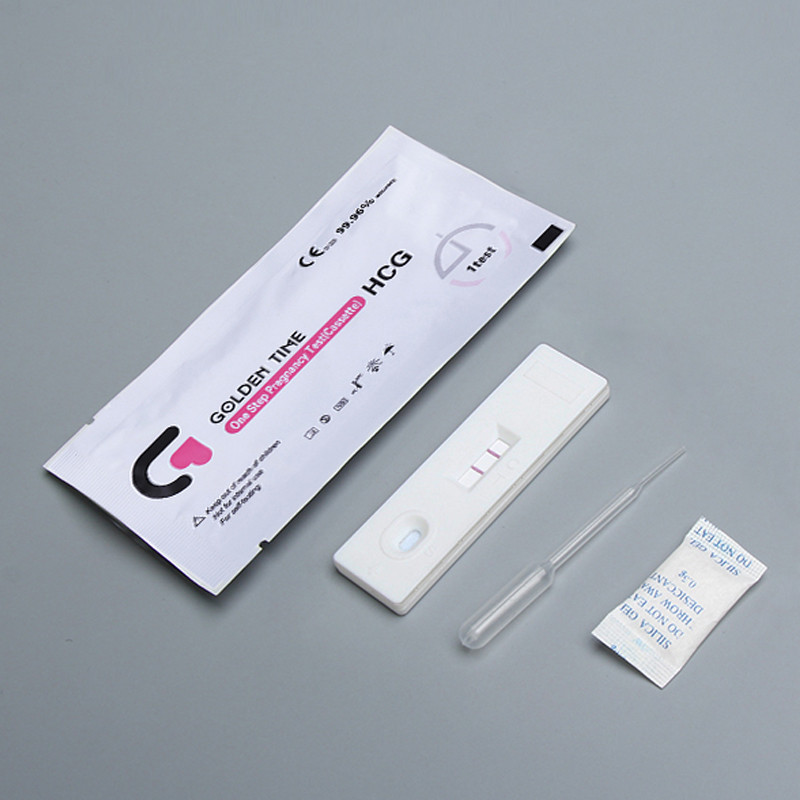Dis . 10, 2024 20:28 Back to list
Wholesale Strategies for Reducing Malaria Transmission and Improving Community Health
Understanding Wholesale RDT Malaria Testing A Comprehensive Overview
Malaria remains a significant public health challenge in many tropical and subtropical regions worldwide. It is a mosquito-borne infectious disease caused by parasites of the Plasmodium species, with symptoms ranging from fever and chills to severe illness and even death if untreated. Rapid diagnosis and treatment are crucial for controlling the spread of the disease and minimizing mortality rates. Among the various diagnostic tools available, Rapid Diagnostic Tests (RDTs) have emerged as a vital resource, particularly in resource-limited settings. This article explores the concept of wholesale RDT malaria testing and its implications for public health initiatives.
What are RDTs?
Rapid Diagnostic Tests (RDTs) are simple, point-of-care tests designed to detect specific antigens produced by malaria parasites in human blood. These tests typically provide results within 15–30 minutes, allowing for immediate clinical decisions. Unlike traditional microscopy, which requires trained personnel and significant time, RDTs can be administered by community health workers, making them particularly valuable in remote areas with limited access to healthcare facilities.
The Benefits of Wholesale RDTs
Wholesale purchasing of RDTs plays a crucial role in scaling up malaria diagnostics in endemic regions. By buying in bulk, governments and NGOs can significantly reduce the cost per test, making it feasible to conduct mass testing campaigns. This cost-effectiveness is vital in low-income countries where malaria burden is highest, as it enables wider access to testing and, consequently, timely treatment.
1. Increased Accessibility Wholesale procurement allows for a more generous distribution of RDTs across communities. Health initiatives can ensure that even the most remote areas have access to these diagnostic tools, improving overall health outcomes.
2. Quality Assurance Procured tests can be sourced from reputable manufacturers who meet international quality standards. Ensuring the quality of RDTs is essential, as inaccurate tests could lead to misdiagnosis, inappropriate treatment, and increased morbidity.
3. Capacity Building Purchasing wholesale RDTs often comes with training and support for health personnel. This capacity-building component is essential for effective implementation, as trained staff can properly perform the tests and interpret results, significantly enhancing patient care.
4. Data Collection and Surveillance Widespread testing using RDTs not only helps in treating individual cases but also supports data collection on malaria prevalence. This information is critical for surveillance and guiding public health policy, enabling targeted interventions where they are most needed.
wholesale rdt malaria

Challenges in RDT Implementation
Despite the advantages, the wholesale RDT approach does face several challenges
1. Storage and Transport RDTs require appropriate storage conditions to maintain their effectiveness. Health facilities must ensure that tests are kept at the recommended temperatures to prevent degradation, which is a challenge in many regions with inadequate infrastructure.
2. Training Gaps While wholesale purchasing can come with training, ongoing education and support are necessary to ensure that healthcare workers are adept at using the tools correctly. Regular workshops and refresher courses can help address skill gaps.
3. Community Acceptance Community perception of RDTs can vary. Some populations may prefer traditional diagnostic methods or may not trust new testing technologies. Engaging with communities to build trust and understanding is crucial.
4. Integration with Treatment Protocols Effective rollout of RDTs must be integrated with treatment protocols. If patients do not receive appropriate subsequent care after testing positive for malaria, the benefits of RDTs are compromised. Efficient referral systems and treatment availability are necessary for effective outcomes.
The Way Forward
The wholesale purchase of RDTs represents a promising strategy in the fight against malaria. By focusing on accessibility, quality, and community engagement, health initiatives can leverage these diagnostic tools to enhance malaria control efforts. Collaborative partnerships involving governments, NGOs, and international organizations will be essential to address the challenges and maximize the impact of RDTs.
In conclusion, as we advance in the fight against malaria, innovations in diagnostics like RDTs offer hope for improved outcomes. Through strategic wholesale approaches and dedicated efforts to overcome barriers, we can achieve significant progress in reducing malaria incidence and, ultimately, saving lives. The fight against malaria must remain a global priority, and investing in effective diagnostic solutions is key to this objective.
-
HIV-1/2 Ab Combo Rapid Test Kit for Fast, Reliable Blood Screening
NewsJul.27,2025
-
High-Quality Nasal Swab for Accurate Testing – Fast Results
NewsJul.26,2025
-
One Step LH Ovulation Test Kit - Accurate & Easy At-Home Fertility Tracking
NewsJul.25,2025
-
Sterile Urine Cup for Accurate Specimen Collection | Leak-Proof Design
NewsJul.24,2025
-
High Quality Cassette Lateral Flow for Accurate Testing Solutions
NewsJul.23,2025
-
Malaria PF / PAN AG Rapid Test – Accurate & Fast Malaria Diagnosis
NewsJul.22,2025

